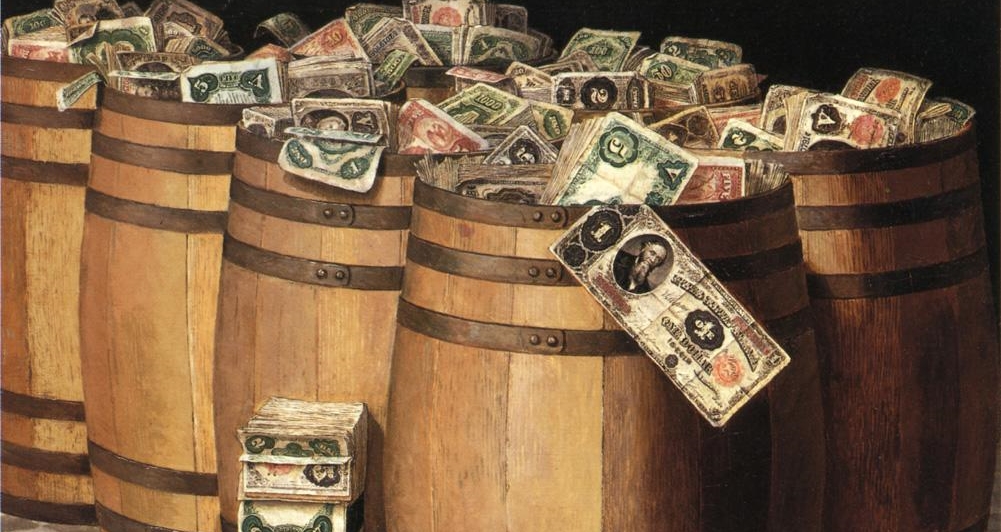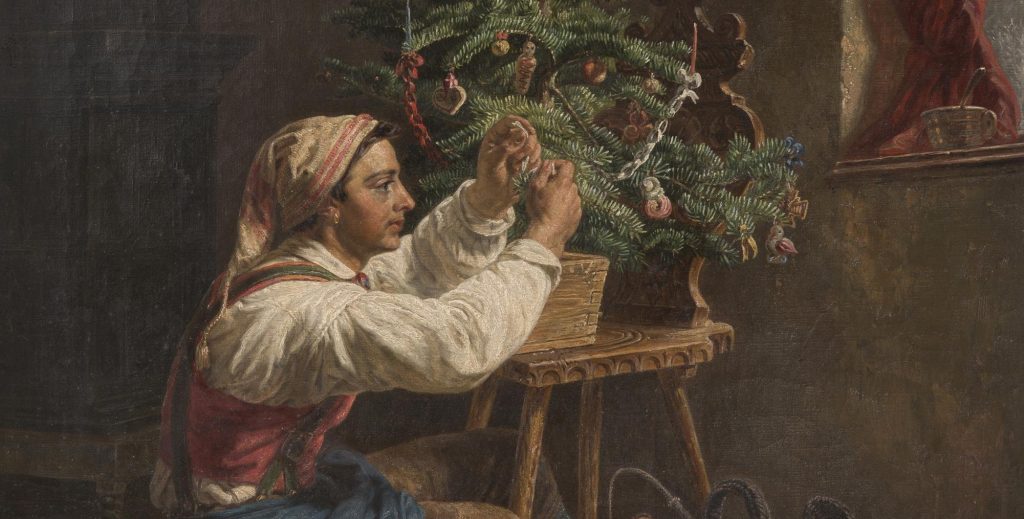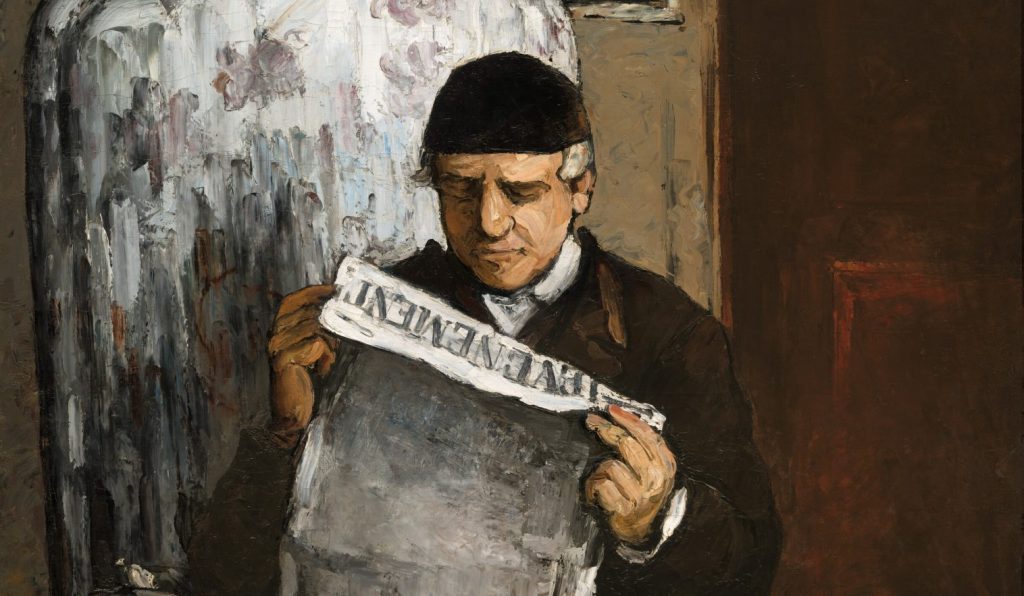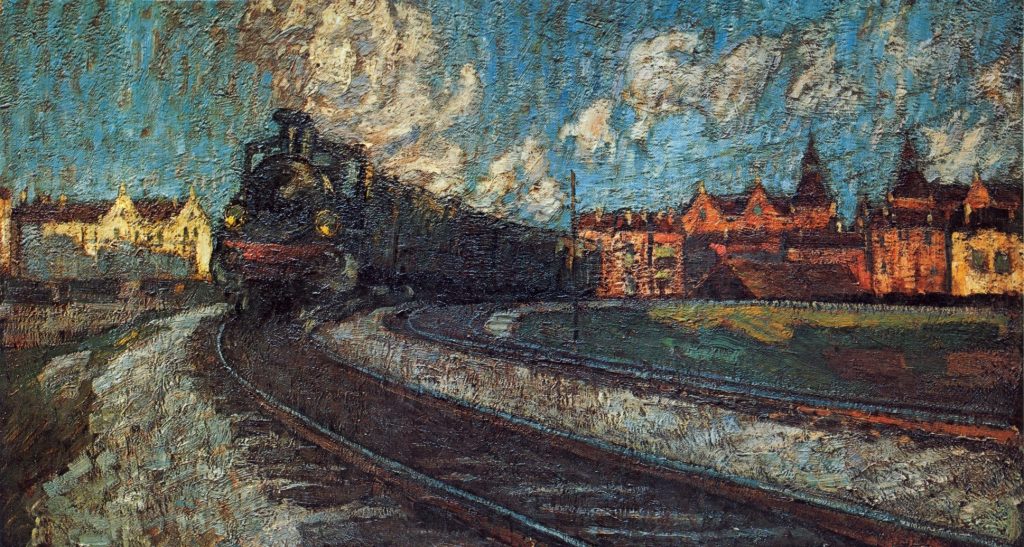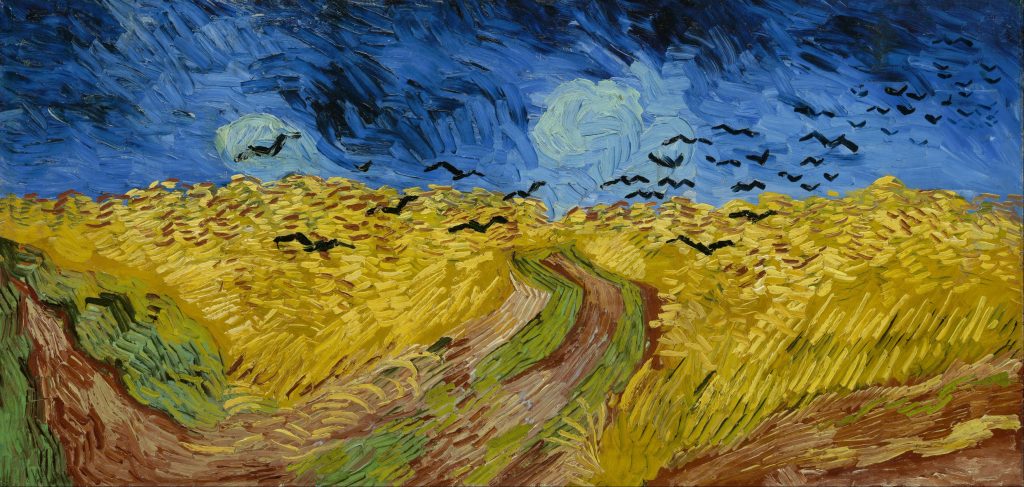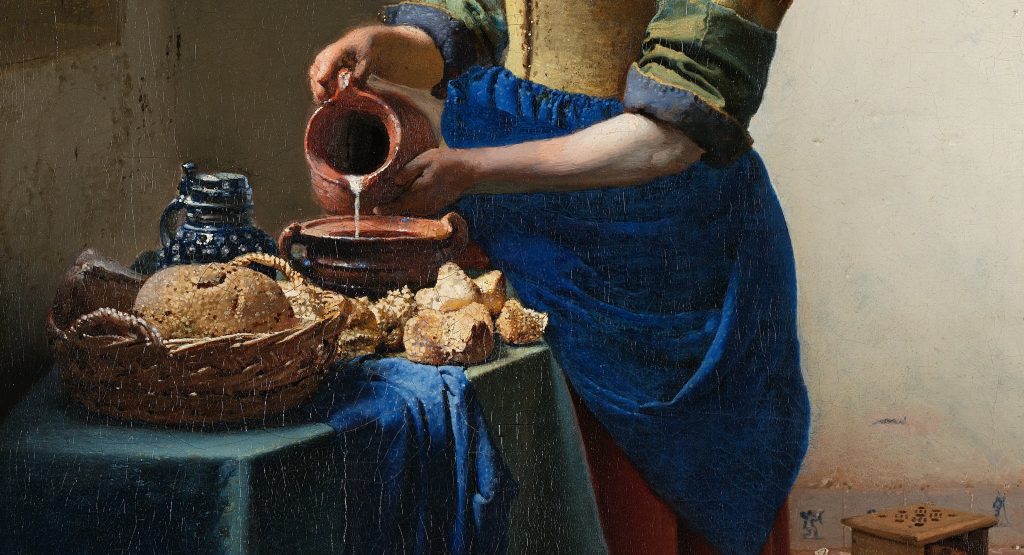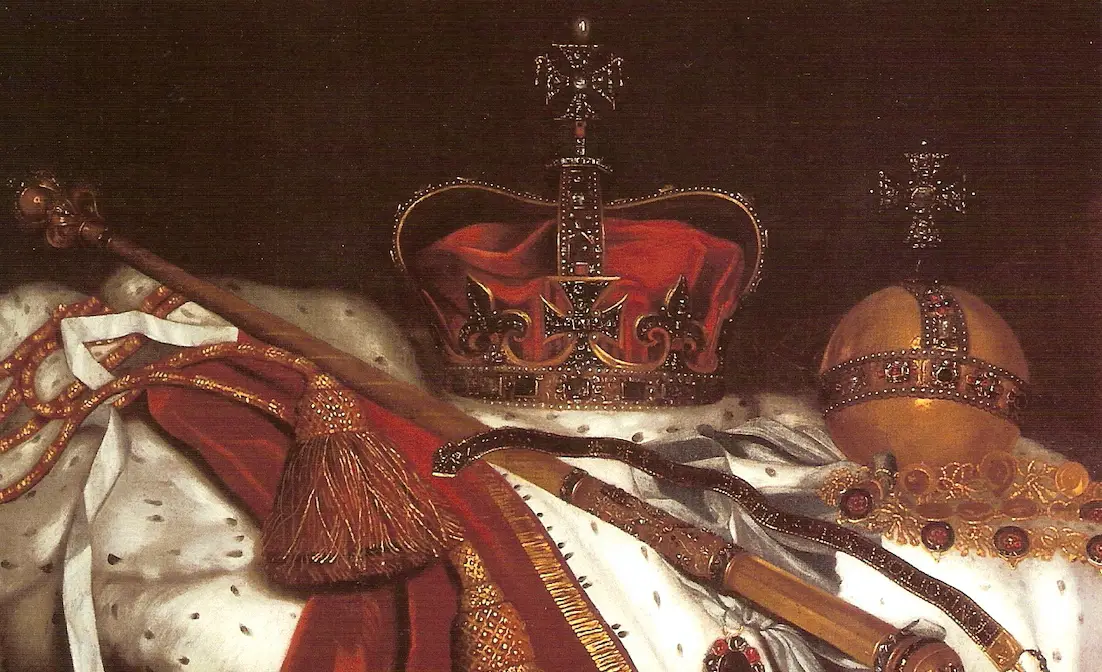
After Its Presidential Fiasco, Hungary Should Pay Attention to Democratic Monarchies
A recent scandal in Hungary led to the resignation of the President. The fiasco revealed what was already known by many: that the President, whose role is mostly ceremonial, is a figurehead used by the government to ratify bills.




